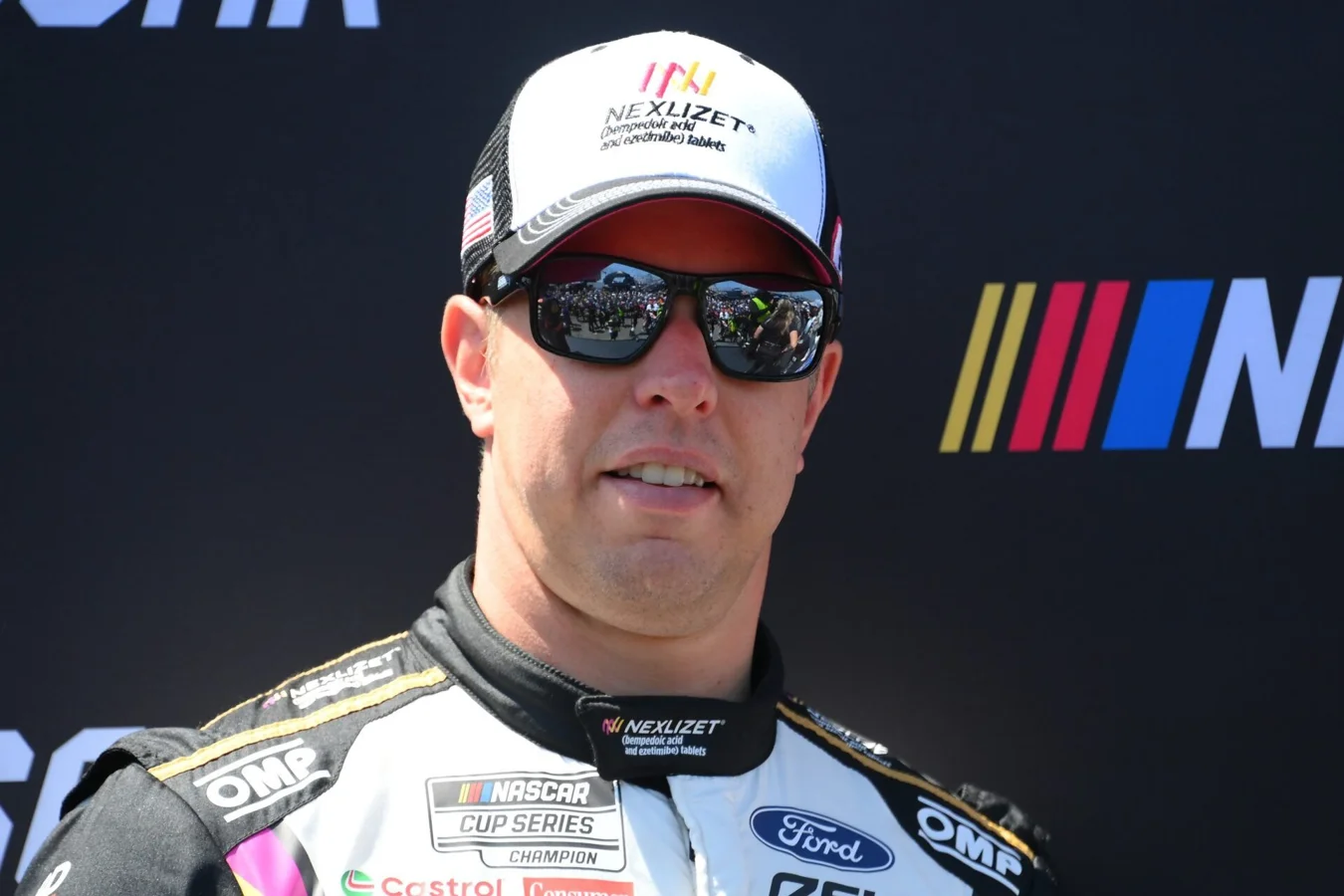RFK Racing, led by Brad Keselowski, has finalized its charter contract for the 2025 NASCAR Cup season, confirming the stability of the No. 60 team after a turbulent year involving high-stakes legal disputes. This Brad Keselowski charter contract update assures that RFK Racing will continue fielding three cars next year, with Ryan Preece maintaining his seat in the No. 60 ford/”>Ford and the organization leasing a charter from Rick Ware Racing (RWR).
Resolution of Charter Dispute Secures RFK Racing’s Future
The confirmation of the new arrangement brings clarity after months of uncertainty triggered by a courtroom battle involving Rick Ware Racing and Legacy Motor Club. Disagreements had hinged on which team would secure RWR’s available charter, with Legacy Motor Club seeking it for their own expansion plans. Legal negotiations between RFK Racing, RWR, and Legacy Motor Club resulted in an accord that avoids any contractual breaches, enabling RFK Racing to maintain its expanded presence without disruption.
RFK Racing has stated that contracts with all drivers and partners for the No. 60 team are in place for the 2025 season, reinforcing the organization’s intention to continue its current operations uninterrupted. Leasing the charter guarantees that the team can keep competing at a high level, reflecting a carefully negotiated solution that satisfies all parties involved.
RFK Racing’s 2024 Performance: Near Misses and Determined Efforts
The 2024 season has presented challenges for Brad Keselowski and his RFK Racing stable. Despite fielding competitive entries with Ryan Preece, Chris Buescher, and Keselowski himself, all three drivers were unable to secure playoff berths, missing the cut despite spirited efforts throughout the season. Ryan Preece and Chris Buescher came particularly close to earning postseason spots, narrowing the gap but ultimately falling short as the regular season concluded.
Brad Keselowski delivered strong performances, including a dramatic second-place finish at the Bristol Night Race and a third-place run at Iowa in August, showcasing determination and skill even as the team faced setbacks in the overall standings.
Keselowski Criticizes NASCAR’s Playoff Format and Calls for Reforms
Brad Keselowski has also become a vocal figure off the track this season, stirring widespread discussion by criticizing NASCAR’s playoff system. Calling the format “demeaning,” Keselowski argued for sweeping changes to ensure the sport’s sustained appeal. In an in-depth interview, he highlighted what he sees as three major areas that need immediate action: improving track revenues, encouraging greater manufacturer advertising involvement, and, most crucially, abolishing the current playoff system.
“The whole playoff thing has to go away. The nuance of having 10 races that are more important than 20-some others is very unhealthy for the sport. It’s demeaning to the other tracks and races. And unfortunately, those 10 races that are supposed to mean more are in direct competition with other sports. It muddies the water. It’s not working for the sport.”
– Brad Keselowski, Driver (via The Athletic, quoted by Bob Pockrass)
Keselowski’s stance is rooted in the belief that prioritizing just a handful of playoff events undermines the value and history of the other races on the schedule. By concentrating attention on 10 pivotal races, he asserts, the system marginalizes over 20 traditional events and detracts from NASCAR’s longstanding venues, weakening the experience for fans, competitors, and track operators alike.
What the Charter Resolution Means for the Sport
The agreement between RFK Racing, Rick Ware Racing, and Legacy Motor Club ensures that RFK’s three-car operation remains intact, which is significant during an era of intense competition for charters and continued legal scrutiny around their distribution. This stability allows Ryan Preece, Brad Keselowski, and Chris Buescher to focus fully on competition, reenergizing their push for playoff contention next year.
Keselowski’s outspoken criticism of the playoff structure adds further weight to ongoing debates about the future of NASCAR’s championship format and the commercial priorities of the sport. His calls for reform and emphasis on tradition may influence future discussions between drivers, teams, and NASCAR leadership regarding how the series evolves for its audience. As RFK Racing and other organizations look ahead to 2025, the resolution of the charter dispute and the continued push for systemic change both signal a pivotal period of transition for NASCAR.
